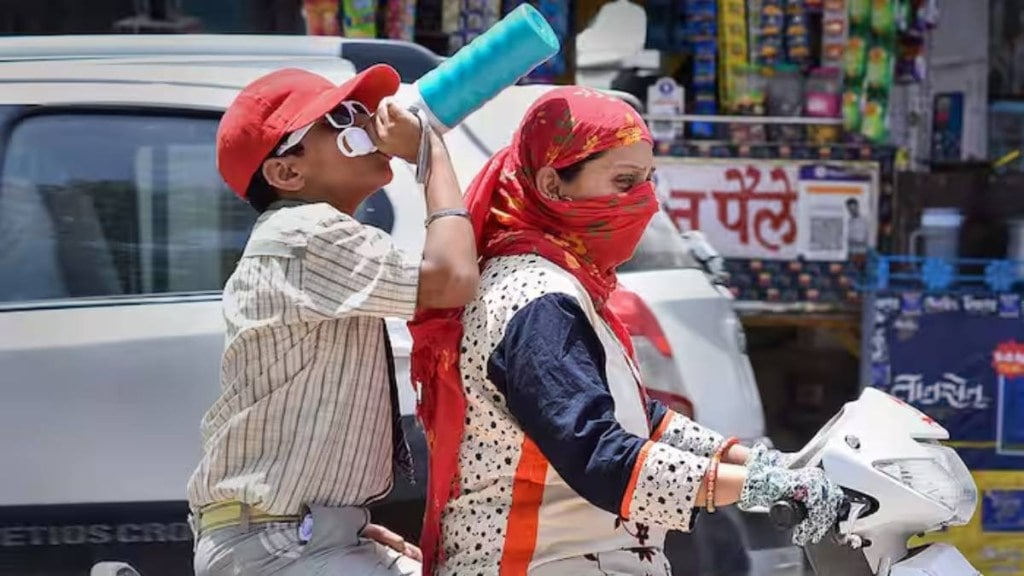The unbearably hot weather has made day-to-day activities extremely difficult. Soaring temperatures and extreme heat can have a dangerous impact on the health of people. Now, a new research has found that there is an increase in premature births during hot weather conditions to intense and prolonged heat waves.
A team of researchers, including those at the University of Nevada, estimated changes in the rate of preterm and early-term birth in response to heatwaves.
A heatwave is a period of extremely high temperatures relative to what is normally expected over a region.
The scientists analysed 5.3 crore births across the 50 largest metropolitan areas in the US over a 25-year period (1993-2017) in terms of daily counts of preterm and early-term births.
While a full-term pregnancy lasts for about 40 weeks, babies born before 37 weeks are preterm births and those delivered between 37 and 39 weeks of the pregnancy are early-term births.
The researchers found that over the 25-year period, preterm births increased by 2 per cent, while early-term births increased by 1 per cent, following a four consecutive day-period during which each day’s average temperature was among the hottest 2.5 per cent for that region.
“Each 1 degree Celsius increase in mean temperature above the threshold was associated with a 1 per cent increase in the rate of both preterm and early-term birth,” the authors wrote in the study.
The findings of the study were published in The Journal of American Medical Association (JAMA) Network Open.
The research also found that for the same exposure to heatwaves, preterm and early-term births increased by more numbers in women younger than 30 years of age, having lower education levels and belonging to minority groups.
The team also analysed the pregnancies of mothers with a high school education or less, from a racial minority group or of Hispanic ethnicity, and age younger than 30 years.
“Among this group, the rate ratio for preterm birth was 1.04, and the rate ratio for early-term birth was 1.03 after 4 consecutive hot days,” the authors wrote.
“Increases (in preterm and early-term birth rates) were more pronounced for heatwaves of longer duration and higher temperatures and among population subgroups associated with lower socioeconomic status,” they wrote.
The team also wrote that “modest but robust elevated associations were the strongest in the 4 days preceding birth and for longer durations of heat and higher temperatures.”
According to the researchers, this was the first study to provide compelling population-level evidence of increased preterm and early-term birth rates in response to heat waves.
“Extreme heat events have implications for perinatal health. The findings also add to evidence that the effects of extreme heat events are not distributed evenly among population subgroups,” the authors wrote.
The 5.3 crore births that were analysed formed roughly half of all US births between 1993 and 2017, according to the authors. Data was included from the National Center for Health Statistics (NCHS), Centers for Disease Control and Prevention.







